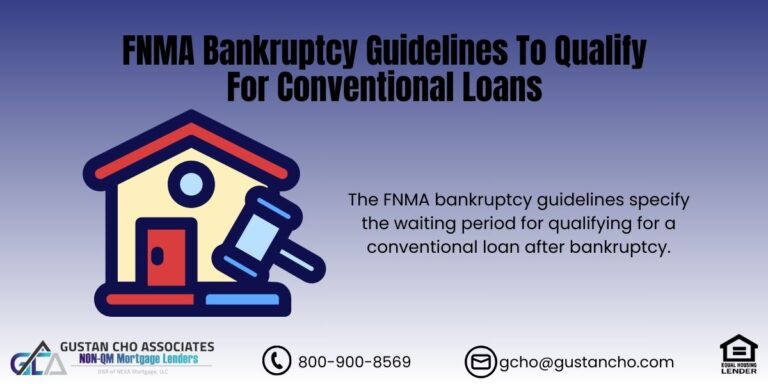Fannie Mae Versus Freddie Mac Roles In The Mortgage Process
Many people have heard Fannie Mae and Freddie Mac.
- Both Fannie Mae and Freddie Mac are the two mortgage giants that purchase home loans from mortgage companies
- They then package them up and resell them to the secondary market as Mortgage Backed Securities also referred to as MBS
- Many folks wonder whether Fannie Mae and Freddie Mac are related
- They wonder what functions each of them have
- The bottom line is that Fannie Mae is independent of Freddie Mac and they are two separate institutions
In this article, we will cover and discuss Fannie and Freddie Mac Roles In The Mortgage Process.
Role Of Fannie And Freddie Mac
Fannie Mae and Freddie Mac are in similar businesses and do basically the purposes for both of these two Government Sponsored Agencies (GSE) are the same:
- Both mortgage giants purchase residential mortgage that meets their mortgage guidelines from banks, credit unions, mortgage companies, and other financial institutions
- Both Fannie Mae and Freddie Mac either hold the mortgage loans they purchase or re-sells them at the secondary market as a mortgage-backed securities
Fannie and Freddie sell them to Wall Street and institutional investors.
Difference Between Fannie And Freddie Mac
Fannie Mae was created first back in 1938 when U.S. President Franklin Delano Roosevelt era of the New Deal.
- The New Deal gave birth to the Federal National Mortgage Association which was Fannie Mae
- The objective of the creation of Fannie Mae was to stimulate the United States housing market
- It was also to promote home ownership during the era of the Great Depression
- Fannie Mae eventually went private back in 1968
- However, it’s the main objective is to improve, stimulate, and increase homeownership of hard-working Americans of all social-economic classes
- This includes low income to moderate-income to higher-income folks
The main difference between the two organizations is found in the details of when and why they were created. Click here to know about bankruptcy affects mortgage approval
Creation Of Freddie Mac
To avoid a mortgage monopoly and create competition for Fannie Mae, the United States Congress has created the Federal Home Loan Mortgage Corporation, which is Freddie Mac, in 1970.
- The creation of Freddie Mac was to stimulate competition
- It was also implemented and created to avoid a monopoly and stabilize the mortgage markets in the United States
What’s Better Between Fannie And Freddie Mac
Both Fannie Mae and Freddie Mac serve the same purposes; buying home loans from retail mortgage lenders so they can clear their warehouse line of credit so they can originate and close more home loans to the public.
- Fannie Mae have their own lending guidelines and Freddie Mac has their own mortgage guidelines
- Fannie Mae and Freddie Mac allow non-occupant co-borrowers who do not have to be related to main borrowers by blood, law, marriage-like FHA does
- Fannie Mae always requires two years of tax returns
Freddie Mac may allow one-year tax returns if Automated Underwriting Findings states one year.
Fannie Versus Freddie On On Debts Of Revolving Accounts
Fannie Mae will require borrowers close out credit card accounts when they need to pay down credit card balances during the mortgage loan approval process:
- Freddie Mac does not require to close out the credit card accounts
- Most mortgage lenders are just Fannie Mae approved and not Freddie Mac approved
- Depending on the mortgage loan applicant’s individual circumstances, Fannie Mae may be better or Freddie Mac may be better
- There are times where a mortgage loan application cannot get an Automated Underwriting System Approval with Fannie Mae but can get an automated approval with Freddie Mac and vice versa
- Fannie Mae may have tougher guidelines on condos or different types of properties than Freddie Mac or vice versa
Again both Fannie and Freddie Mac serve the same purpose, to purchase home loans from mortgage lenders to relieve lenders from their wholesale lines of credit so they can originate and close more loans.
For more information about the contents of this article and/or other mortgage-related topics, please contact us at Gustan Cho Associates at 800-900-8569 or text us for faster response. Or email us at gcho@gustancho.com. Click here apply for mortgage loans







